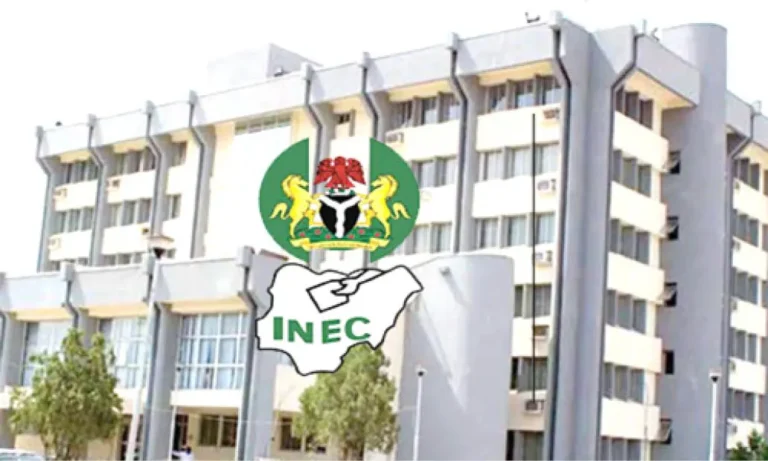
Nigerian banks fail to meet requirements for CBN's CAR stress test
The Capital Adequacy Ratio (CAR) stress test conducted by the Central Bank of Nigeria (CBN) has revealed about eight commercial banks have fallen short of the basic requirements for international authorisation.
This was disclosed by the apex bank in its second economic quarter report on the financial soundness indicator.
The CAR is CBN’s regulatory requirement set up to monitor the minimum level of capital maintained by each bank to ensure its ability to absorb potential losses.
The report revealed a drop in the banking system’s CAR which dropped by 3.0 percentage points to 11.2% notably below the 15.0% mark set for banks with international authorisation.
The report said, “The banking industry remained resilient in the review quarter as key financial soundness indicators were within the regulatory thresholds. The banking system capital adequacy ratio fell by 3.0% points to 11.2%, relative to the 14.2 % recorded in the preceding quarter.
“The ratio was above the 10.0% benchmark for banks with national/regional authorisation, but below the 15.0% threshold for banks with international authorisation.”
According to a report by The Nation, the affected Deposit Money Banks (DMB) named in the report include; Access Bank Plc, Fidelity Bank Plc, First City Monument Bank Limited, First Bank of Nigeria Limited, Guaranty Trust Holding Company Plc, Union Bank of Nigeria Plc, United Bank for Africa Plc and Zenith Bank Plc.
The CBN through its 2021 guidelines had mandated DMBs to maintain a prudential CAR of 10% for national and regional banks while banks with international authorisation were instructed to have a regulatory CAR of 15%.
The implication of the low CAR threshold is that the affected banks’ capital may be insufficient to cushion potential losses during harsh economic conditions, a development which may negatively affect the banks’ financial stability.
The CBN has instructed the affected banks to raise their capital base to bridge the gap, which was brought about by the depreciation of the naira against the dollar and other foreign currencies.







